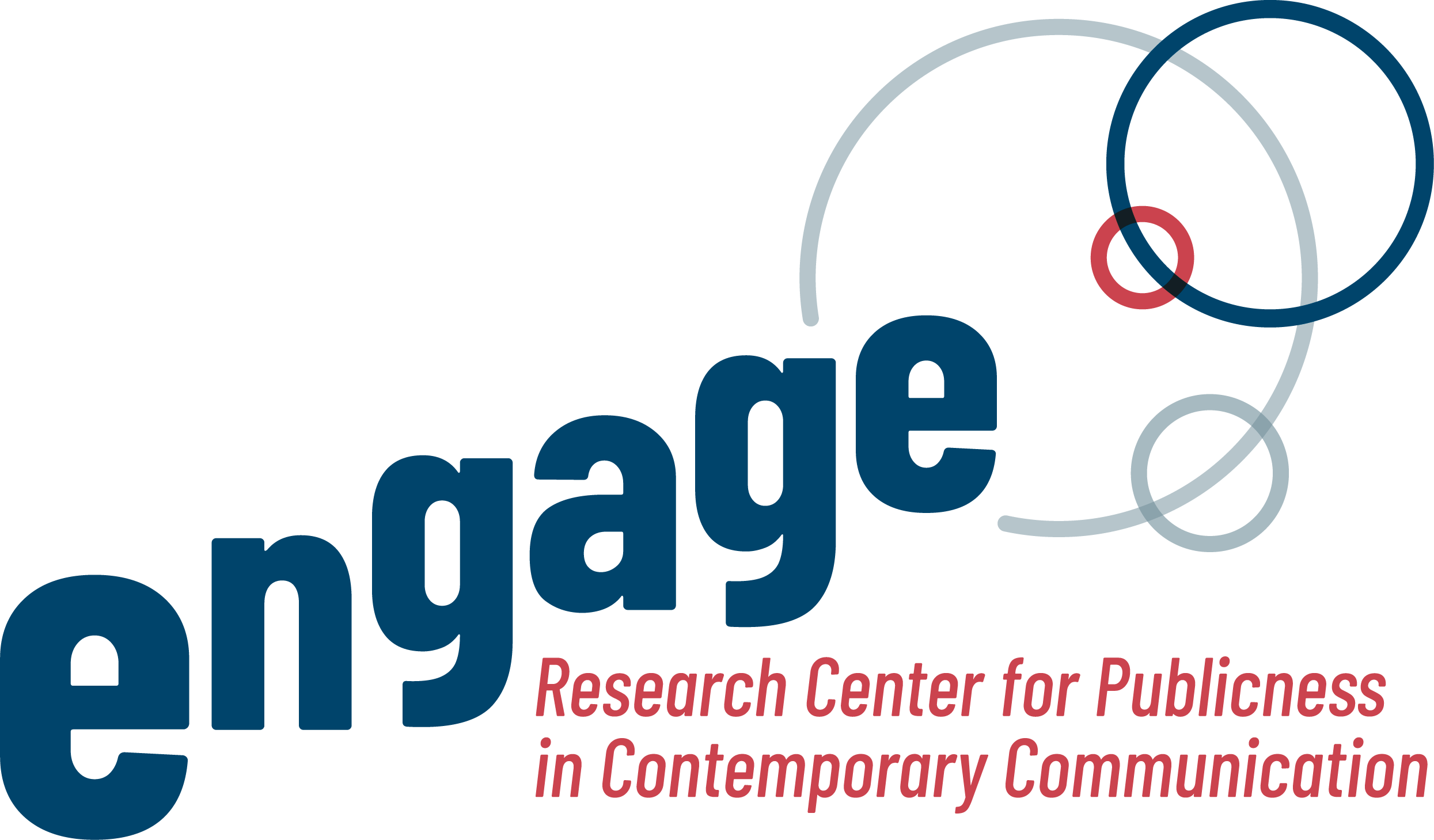Since Russia declared war on Ukraine, both heads of state have made several historic speeches. One remains cold and static, the other appears accessible and dynamic. In the video below, Thomas Jacobs, FNRS post-doctoral research fellow in discourse analysis, takes a closer look at the war speeches for the newspaper De Standaard.
Watch the video of Thomas Jacobs’s discourse analysis
As far as the context is concerned,” explains Thomas Jacobs, “that is to say, the setting in which they find themselves, what stands out most is, of course, Zelenski, who sometimes speaks in front of a kind of lectern, but who very often stages himself in the street. His informality resonates with the situation he finds himself in. He says it clearly: I too am in the city. Like all of you. I am not sitting here in the presidential palace.
The way he is portrayed corresponds to the way Ukrainians have to wage war: very informally, and with the means at their disposal”.
Whereas Putin is much more of a statesman, sitting behind his desk, as befits a politician, with his big flag. He tries to present himself as the leader of a world power.
Putin: “The responsibility for the constant bloodshed will lie entirely with the Ukrainian regime”.
Thomas finds his rhetoric very difficult to understand. He is very clearly targeting a Russian audience. He uses political references that appeal much more to a Russian audience than to a Western audience.
Putin: “We will strive to demilitarise and ‘denazify’ Ukraine. This bunch of neo-Nazis and drug addicts who are holding Ukrainians hostage.
The way he speaks sounds like a modern politician, even in the West. He speaks as if it were an ordinary, administrative matter, almost like a bureaucrat. But at the same time he lies through his teeth. Putin refers to human shields, to freeing the local population from the crimes of a dictator. It reminds him of George Bush when he invaded Iraq, says Thomas. The style of his speech is recognisable, but the content of his speech… As an informed citizen, Thomas Jacobs knows that this is a big lie.
What is striking about Zelenski is that he is a media actor (despite the fact that he has much less experience as a politician than Putin). He has an acting background, speaks very convincingly, with short sentences. He uses the same word very often. And it is very clear who the main actors in his story are. It is about Ukraine: Ukrainian children, Ukrainian citizens, Ukrainian people. And it is also about himself.
Zelensky: ‘We are not afraid of anything or anyone. I am here. We will not lay down our arms. We will defend our state. Our truth is our weapon. And our dignity is that this is our country. Our Ukraine. Our children. And we will protect them all. “SLAVA UKRAINI”.
It sounds almost like a campaign slogan. It is a phrase he repeats over and over again: “Long live Ukraine”. He is very conscious of the words he uses, the message he conveys, the narrative he creates. He is also very aware of the audience he is addressing. In some fragments, he addresses his own people very clearly. In other fragments, he addresses NATO and Western leaders.
Zelenski’s story is much clearer. Putin speaks in a kind of technical, policy-oriented rhetoric. It is as if he is talking about a budget. He talks about measures, “this is the task of the Russian army”. The Russian army behaved professionally. “Our action”, “our interventions”, “our operations” ….
Putin: “I decided to conduct a special military operation. I would also like to express my great appreciation for the actions of the Russian army. They are brave, professional and heroic“.
By using this very technical rhetoric, he tries to maintain some credibility as to the legitimacy of his actions.

